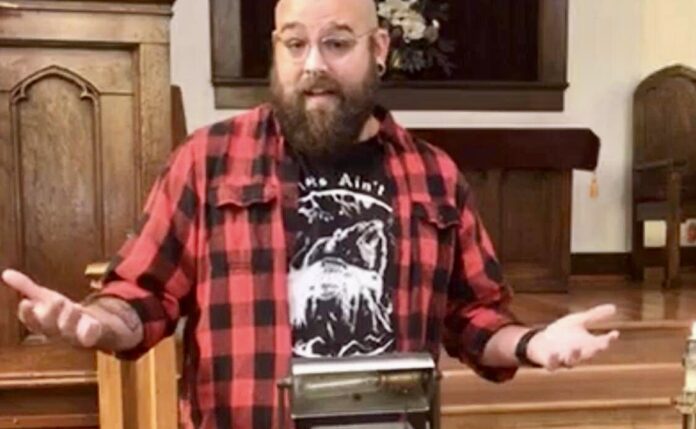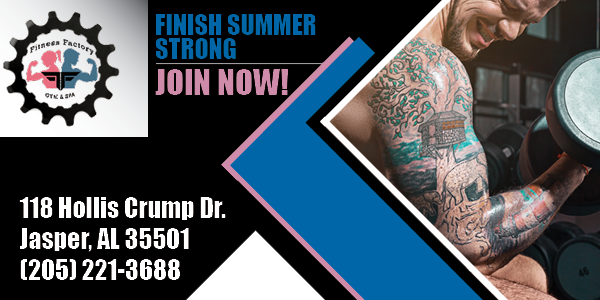To speak of Jesus is, for the Christian, to speak of God. We are all, in our own ways and within our various social, theological, and economic locations, desperately trying to answer Jesus’ question to Simon Peter, “Who do you say that I am?”
Over the last two millennia Christians from all walks of life, traditions, and creeds have sought to provide an adequate response to this question, and it seems that after all these years, church schisms, the birth of new denominations, and the development of endless schools of theological thought that we are still trying to figure out just who Jesus is. During my 20 years as a Christian, and decade as a pastor I have encountered many answers to Jesus’ question, some helpful and life giving and others harmful and life taking.
This Sunday’s lectionary reading is from Matthew 9:9-13, 18-26 and I believe that it gives us a glimpse into the life and ministry of Jesus in a way that gives us one potential answer to this question. In this gospel text we see Jesus calling Matthew the Tax Collector (someone who would be considered “impure” to many) into a life of discipleship, Jesus then eats, presumably at Matthew’s own table, which upsets the religious leaders of his day, all before healing a woman and raising the dead. Jesus seems to give no thought to the “purity” codes and laws of his day. He dines with the sinners, he touches the sick, and raises the dead with no inhibitions. He distributes the healing power (whole-making!) of God abundantly without measure, never once raising the question of whether someone is “clean” or “unclean,” pure or impure.
There was a time as a young pastor that my answer would have been something akin to “Jesus is the one who purifies” but today I could not agree any less with that notion. See, growing up Pentecostal, and largely within the context of American evangelicalism, meant that much of my early discipleship was rooted in a misreading of holiness, healing, “flesh”, and sanctification. Much of Christianity taught me that no matter how much scrubbing I did, that I would never be clean. I think that it is safe to say that what we call “holiness” is often really nothing more than sanitization. We want people to act right, look right, talk right. To get cleaned up, take a shower, put on their Sunday best. To sober up, not cuss, smell, or inconvenience us with their struggles. The addicted, the homeless, the poor, and sick are of course welcome in our church doors, but we want to make sure that their presence is not disruptive to our Sunday morning productions.
So often we want people to be “pure” and for their lives to be sanitized before they come through our doors or participate in community, but in Jesus we see the God who will not be purified. A God who rejects sanitization so that we can experience holiness (WHOLENESS!)
Or as essayist and author Sophie Strand writes, “Jesus real teaching was not purification… In a time when people were traumatized by Roman imperialism, diseased, and obsessed with purity rituals, he offered something radical. His offering was to brush off the question of purity: “Who cares? Come and eat with me. Come and share a meal.” He healed, not by cleaning but by including. Everyone was invited. No one was exiled.”
Repeatedly we see Jesus touching the sick, the outcasts, the broken, with no interest in “sanitizing” them. The God revealed in Jesus does not desire to bleach the flesh of humanity in preparation for a post-mortem sky kingdom that we can enter with no blemishes, but instead seeks to draw all of humanity into a cosmic compost heap of grace and love, revealing that life and healing are found amid all the impurities and brokenness of our world. Jesus, like the master gardener of our souls, teaches us that all are welcome because to cultivate the Kingdom of God on Earth, like the garden that it is, you need manure, and decay to heal and amend the soil. You do not clean it or purify it with bleach or soap, but continually add to it more decay, more fungi, and more bacteria.
If we can embrace decay, if we can learn to transgress the boundaries of “clean” and “unclean” for the sake of love, if we can welcome everyone into our doors just as they are we then can follow in the footsteps of the God who will not be purified, embody the radical acceptance and hospitality that leads to wholeness, become healers in our communities, and answer Jesus’ question “Who do you say that I am?” faithfully.
Ryan Cagle is co-organizer of Jubilee House Community.




